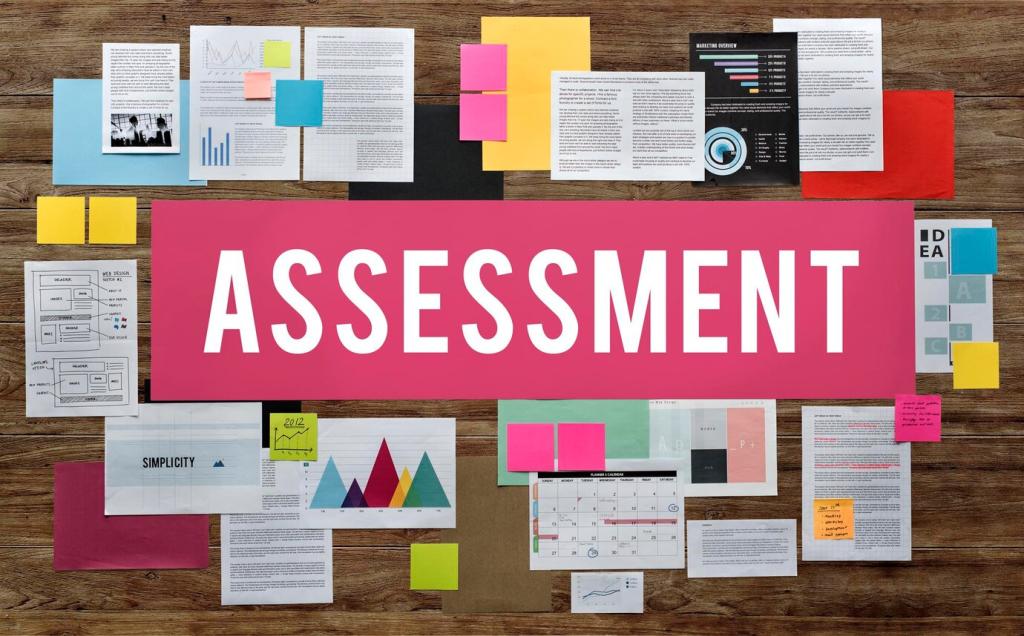Trust, Data Privacy, and Platform Reputation
Read how platforms store, share, and delete your data. Look for plain-language summaries and clear opt-outs. If privacy is central to your decision, ask support detailed questions and report answers in the comments to help others evaluate confidently.
Trust, Data Privacy, and Platform Reputation
Proctoring policies, plagiarism checks, and revision cycles affect credibility. Consistent updates, expert reviews, and peer ratings protect quality over time. Reliable standards mean your certificate reflects authentic effort, not shortcuts, and that reputations improve rather than erode.






